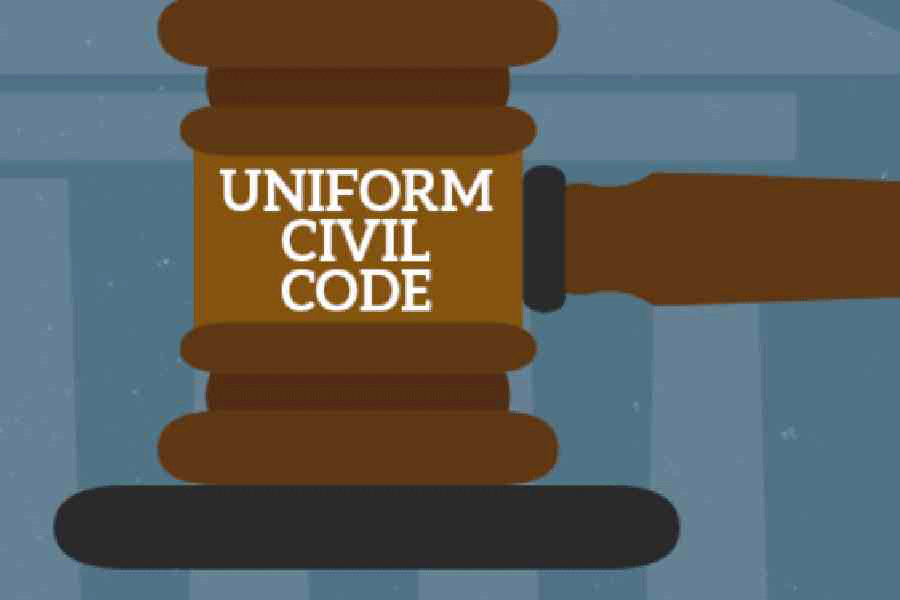Chhattisgarh Sarva Adivasi Samaj (CSAS), an umbrella body of tribal groups in the state, on Tuesday said the Central government should not be in a hurry to implement the Uniform Civil Code (UCC), as such a law will be a threat to the existence of tribals who have their own customary rules to govern their society.
CSAS president and former Union minister Arvind Netam in a press conference here said his organisation does not completely object to a common civil law, but the Centre should take everyone into confidence before bringing it forth.
He, however, said it seems impractical to implement the UCC in a tribal society.
The Law Commission of India has invited suggestions for the UCC in the country and tribal communities of Chhattisgarh have submitted their opinions keeping in view their customary rules, Netam said.
The UCC aims to enact a common law related to birth, marriage and property rights. The tribal community is governed by its customary laws in matters of birth, divorce, partition, succession, inheritance, land and property and this is its identity which is different from the rest of the castes, communities and religions, he said.
Citing examples, Netam said in tribal society, women have freedom to marry multiple times after leaving the incumbent husband and they don't have the right to ancestral land.
The customary law of tribals has the force of law under the Constitution (Article 13(3)(a)). Tribals enjoy multiple rights under the fifth and sixth schedule of the Constitution and Panchayat (Extension to Scheduled Areas) Act, he said.
The UCC will affect the tribal society's own specific customs and traditions, which have existed for centuries, resulting in a threat to the identity and existence of tribals, Netam said.
“The Centre should not be in a hurry to implement the UCC. It should first keep the draft of the UCC in public domain and hold discussions with tribal groups and take them into confidence,” he said.
The CSAS is in touch with tribal groups in other states of central India so that they can collectively raise their voice against any such law that is a threat to their customs and traditions, Netam said.
Except for the headline, this story has not been edited by The Telegraph Online staff and has been published from a syndicated feed.











